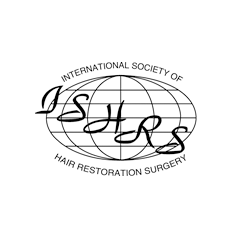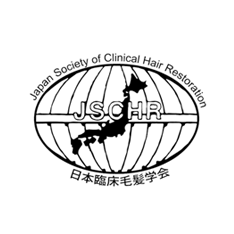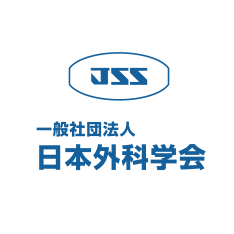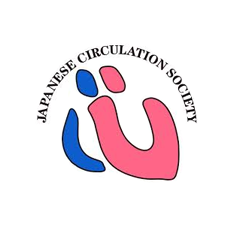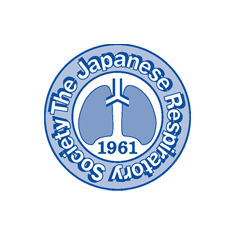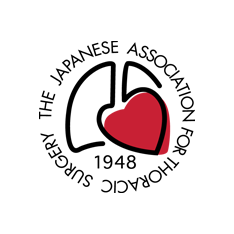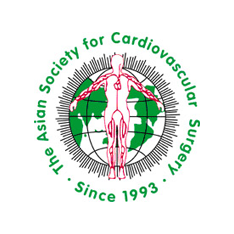What are the disadvantages of DHT?
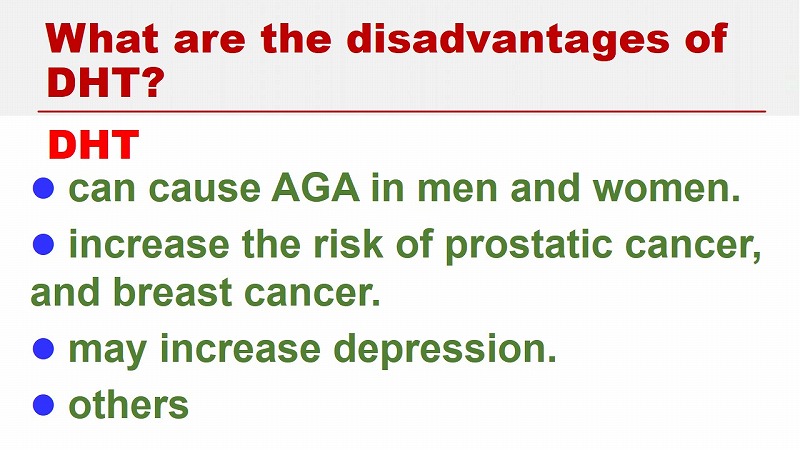
DHT can cause androgenetic alopecia in men and women.
DHT may increase the risk of prostatic cancer in men and breast cancer in women.
DHT may increase depression in women.
Is it better to remove DHT in the blood to keep hair thickness?
It is not good for health to remove DHT completely from the blood, even though DHT can cause hair loss and androgenetic alopecia in men and women.
Dihydrotestosterone (DHT)
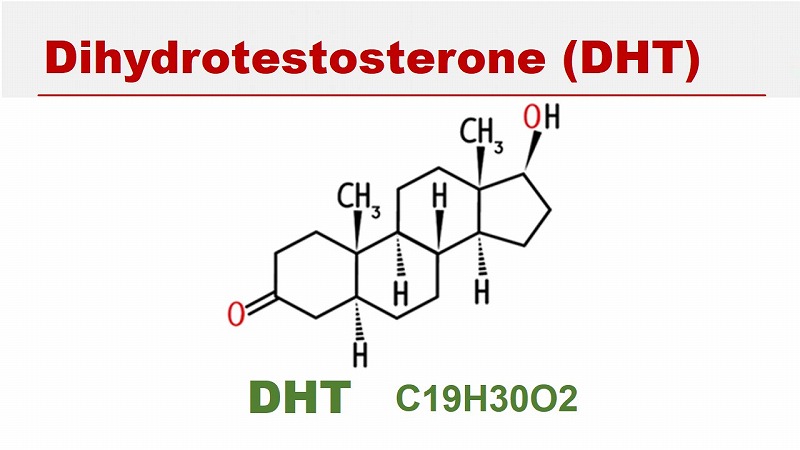
Dihydrotestosterone (DHT) production is increased in the balding scalp area.
Increased levels of DHT are associated with increased activity of 5 alpha-reductase (5α-reductase) in men.
Many tissues, such as the skin, prostate, and liver possess 5α-reductase in the cells. They produce DHT, which is the most potent endogenous androgen.
DHT circulating in the blood probably comes from the hepatic origin.
Both circulating DHT and locally produced DHT are important in androgenic activity.
The action of locally synthesized DHT can be more important than that of serum DHT in AGA.
Women also show increased 5α-reductase activity in the balding area, but it is lower than men.
5alpha-reductase types I and II in women are about 1/3 of those in men.
Symptom of female AGA can also occur in disorders not associated with androgens and the receptors in certain patients.
DHT and 5α-Reductase Activity
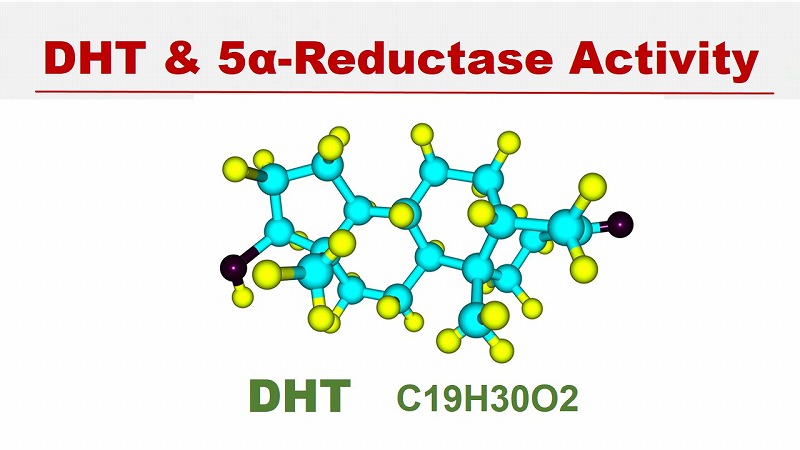
Local differences in 5 alpha-reductase (5α-reductase) are related to regional differences in hair growth.
The hair follicles in the area of androgenetic alopecia contain more amounts of type II 5α-reductase than in the non-balding areas.
Different responses of hair to androgens can be associated with the differences in the types of 5α-reductases.
Axillary hair follicles mainly contain type I 5α-reductase, and beard hair follicles mainly contain type II 5α-reductase.
The level of 5α-reductase in the pubic skin varies between childhood and adolescence.


